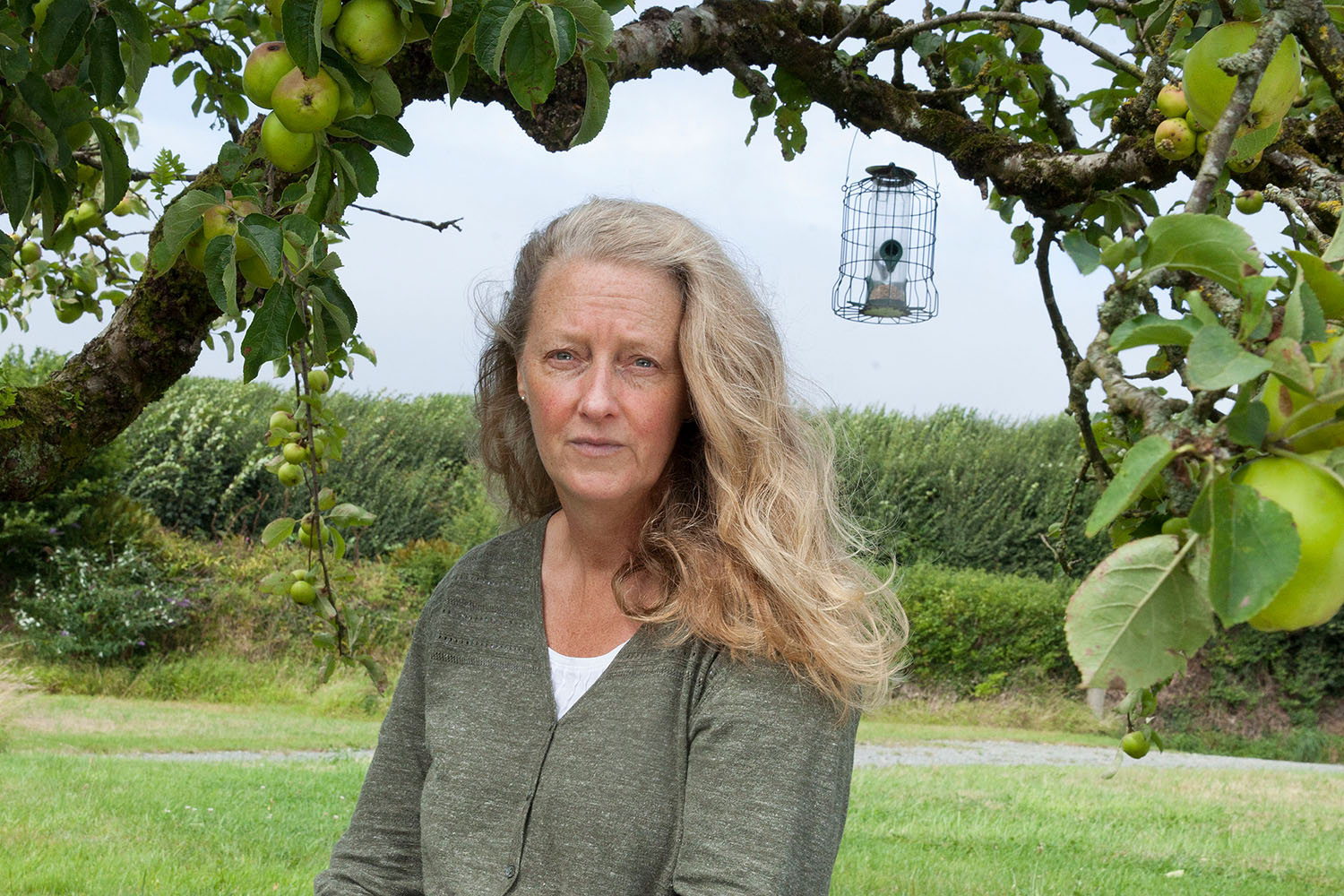In her fourth book, On Winter’s Hill, the bestselling author of The Salt Path embarks on another epic walk through the English landscape “navigating harsh weather and tangled emotions”.
Winn has now found herself at the centre of an altogether different storm. Last week her publisher Penguin Michael Joseph announced it was delaying publication of On Winter’s Hill following an investigation by The Observer that revealed significant inaccuracies in Winn’s breakthrough book, The Salt Path.
The story revealed that Sally Walker – Winn’s legal name – was accused in 2008 of embezzling tens of thousands of pounds from her employer. The revelation casts doubt on one of the central claims in the bestselling book: that the couple were made homeless through no fault of their own, following a bad investment.
Nine neurologists also questioned Winn’s account of her husband’s neurological disease, a condition called Corticobasal degeneration (CBD). The same experts questioned Winn’s claim that the challenging walks they undertook helped reverse the symptoms of Moth’s condition.
Penguin did not respond to The Observer investigation last weekend, but has issued two statements in recent days defending its “pre-publication due diligence”. It said its priority was to support Walker, and had made the decision to delay the latest book with that in mind.
Despite a string of controversies involving other memoirs, the publishing industry conducts limited checks on such books, relying on a signed contract with the author guaranteeing it is an authentic account.
“The bigger publishers don’t have the editorial teams that they used to,” said Kevin Duffy, publisher at Bluemoose Books, an independent publisher in West Yorkshire. “An agent will do the vast majority of the editorial work on the book before they try to sell it to one of the big publishers.”
‘The lawyers appear only to be concerned about whether you’re libelling anybody – after that, they don’t seem too bothered’
‘The lawyers appear only to be concerned about whether you’re libelling anybody – after that, they don’t seem too bothered’
Andrew Crofts, ghostwriter
Andrew Crofts, a ghostwriter, said: “The lawyers appear only to be concerned about whether you’re libelling anybody – after that, they don’t seem too bothered. Whether or not something is true really comes down to whether it makes sense in the story.”
Some reviewers on Amazon did, however, raise questions some years ago about the credibility of the account. One wrote in July 2020: “I formed the opinion early on in the book that she was at least embroidering the truth.” Another wrote in July 2021: “I am sorry but I do think this was greatly manufactured.”
Penguin Michael Joseph, an imprint of Penguin Books, does include a disclaimer in The Salt Path that reads: “In some limited cases, the names of people or detail of places or events have been changed to protect the privacy of others. The author has stated to the publishers that, except in such respects, the contents of this book are true.
Newsletters
Choose the newsletters you want to receive
View more
For information about how The Observer protects your data, read our Privacy Policy
“Any medical information in this book is based on the author’s personal experience and should not be relied on as a substitute for professional advice.”
This does not appear to be a standard disclaimer included in all memoirs published by Penguin Michael Joseph. The publisher did not respond to a request for comment on why it was included. It said on Wednesday that prior to the investigation in The Observer, it had not received any concerns about the book’s content.
Andrew Lownie, an author and literary agent, said: “This was just one more book to throw out there and hope it might stick. And then once it took off, it was too late to do anything.”
Photograph Karen Robinson for The Observer




